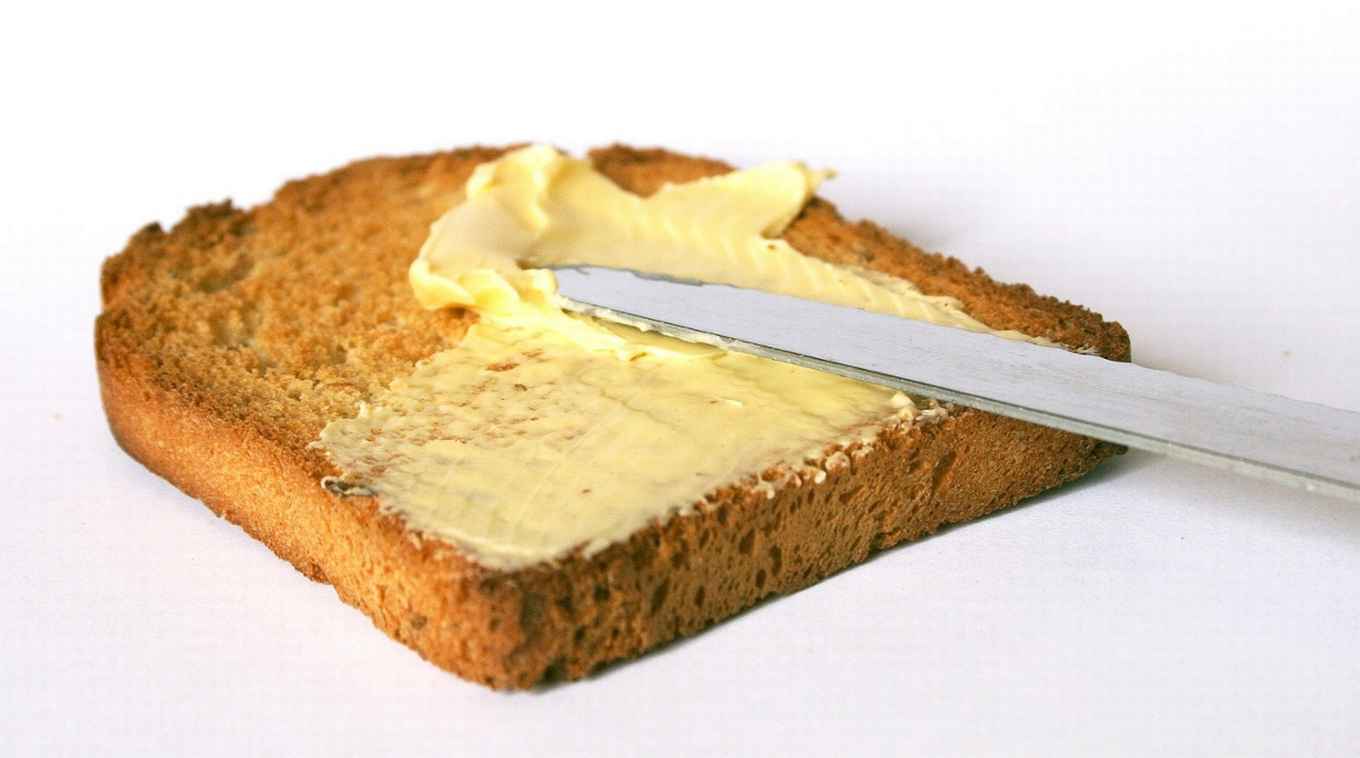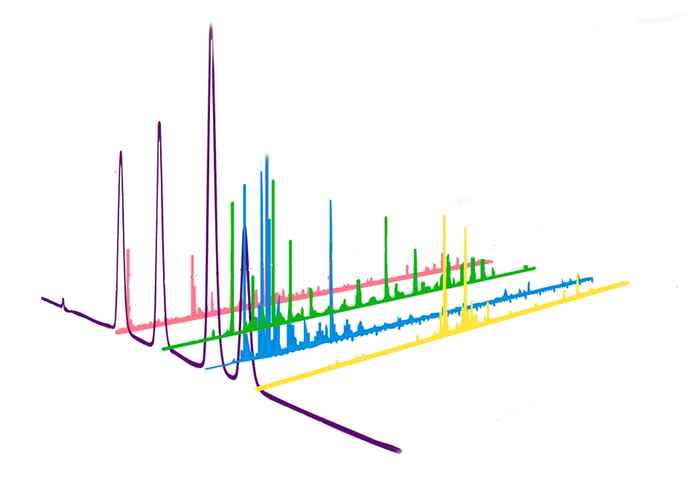Towards a natural conservation of healthy fats in food
Amsterdam chemists help to unravel the 'molecular life span' of unsaturated fatty acids
19 September 2017

A healthy diet is rich in unsaturated fatty acids. Since these are sensitive to oxygen, they can turn rancid after a while. They then lose their favourable characteristics and develop an unpleasant flavour. Currently this problem is controlled by expensive packaging or the use of additives. Since consumers are now demanding natural alternatives, the new research project will investigate natural mechanisms of action extending the shelf life of food products containing unsaturated fats.
Complex process
An important part of the research is investigating how the fatty acids become rancid. In a chemical perspective this oxidation of lipids in food systems occurs via a complex network of intertwined chemical reactions resulting in an enormous range of stable and unstable intermediate and final reaction products. The current generation of analytical platforms is unable to accurately map such a system.

The Analytical Chemistry research group at HIMS belongs to the world-leading groups in the development of comprehensive multi-dimensional analytical separation systems. Such systems enable unravelling highly complex mixtures into their individual constituents. Thousands of compounds can be identified and quantified rapidly and reliably. This detailed information can be used as input to develop simulation models predicting the influence of (natural) anti-oxidants - but also enhanced processing- and storage - on preventing rancidity of fat-rich foods.
Two-dimensional information
The HIMS researchers contribute to the new research project with the development of innovative multi-dimensional separation systems that not only reveal information on which compounds are present, but also on where these compounds are located in the complex food emulsion (mayonnaise, margarine). This will provide comprehensive two-dimensional information on surface (re)activity versus oxidative-fate, delivering crucial input for researchers developing the oxidation models. Without the very high resolution provided by the systems to be developed within HIMS, detailed modelling would be much less accurate at best.
The research project 'Keep the best: natural control of fat oxidation' is led by Harry Gruppen, professor of Food Chemistry at Wageningen University. Next to HIMS/UvA also researchers from Delft University of Technology and Eindhoven University of Technology are involved, as well as private partners Unilever and Danone. The total budget of the project is two million euros. It is part of the Chemical Industrial Partnership Programme (CHIPP) to which the NWO Exact and Natural Sciences domain contributes through the Innovation Fund for Chemistry. CHIPP projects receive 50% of their funding from the companies involved and the remaining 50% from NWO.